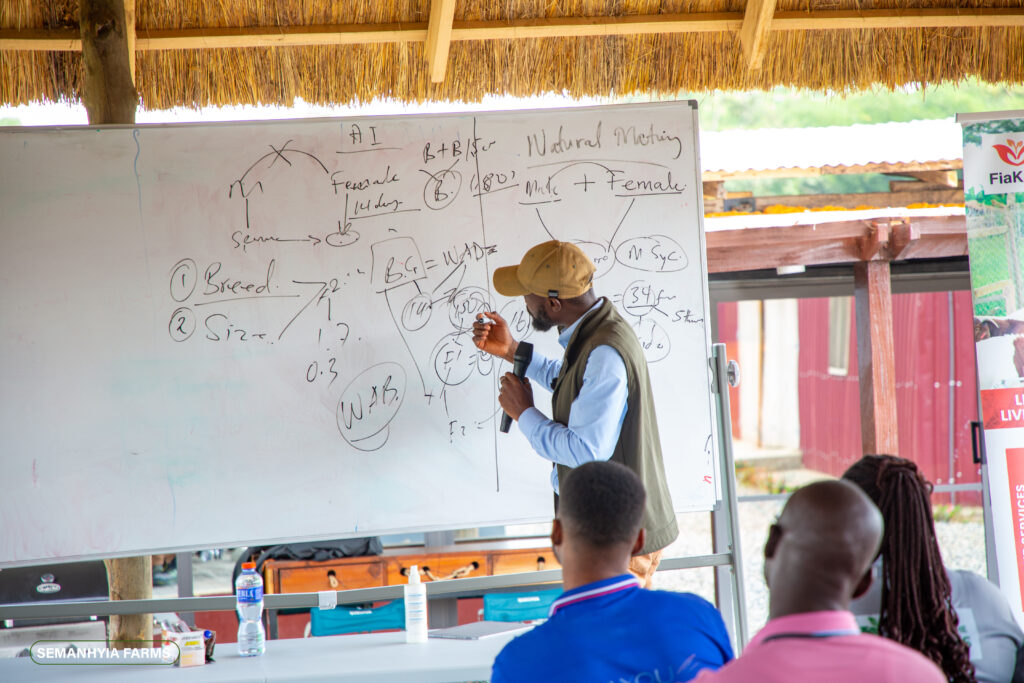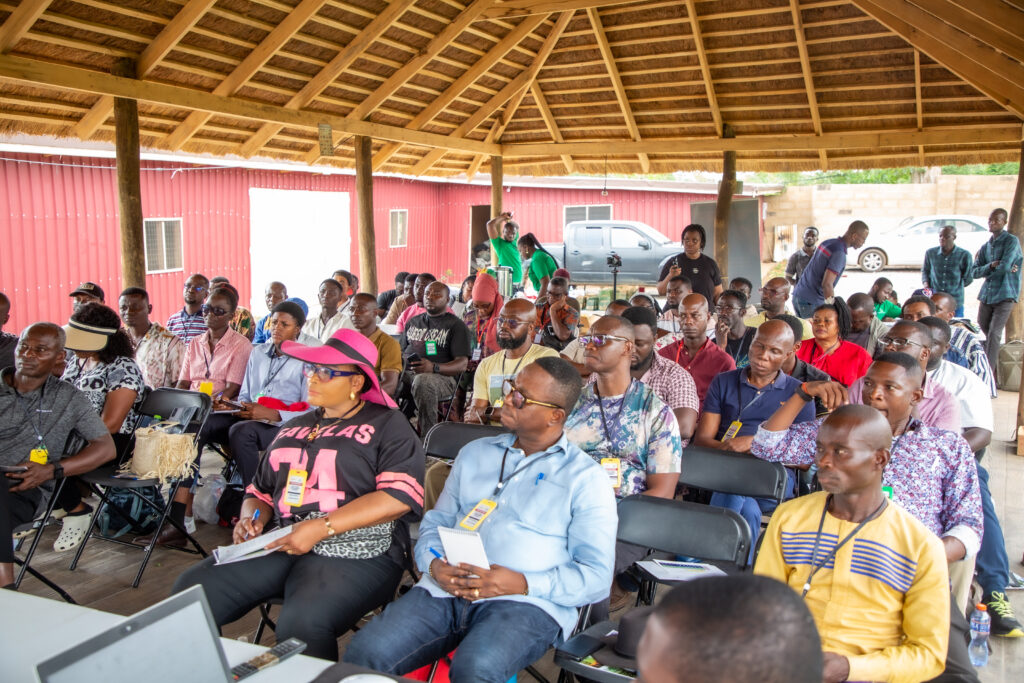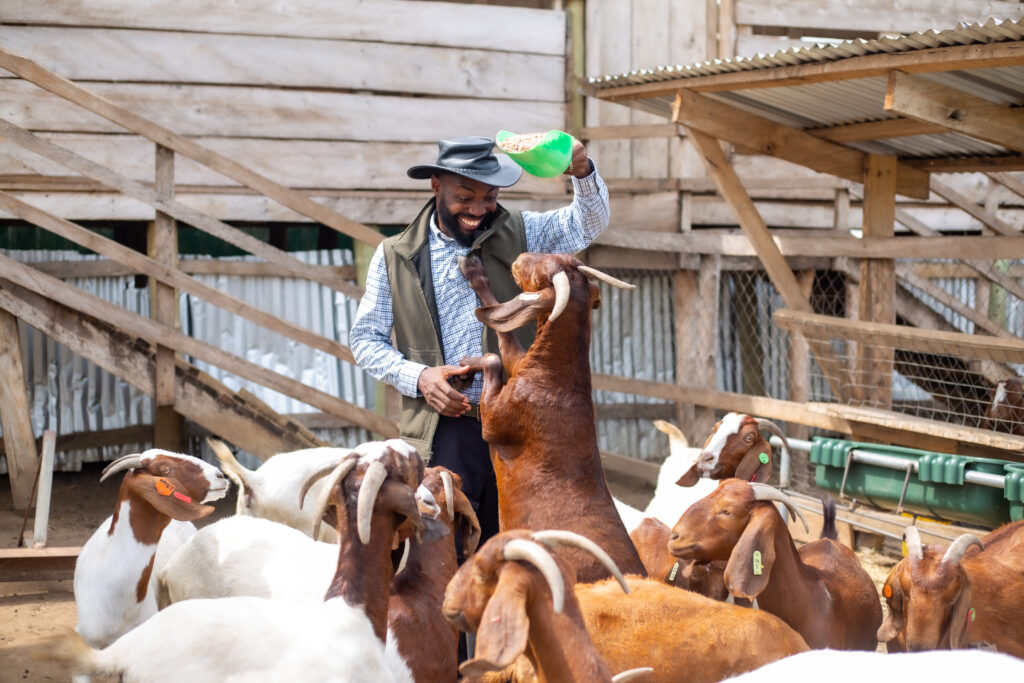The Power of Knowledge in Livestock Farming
The future of Africa’s livestock industry depends on one powerful tool: knowledge. Across the continent, livestock farming holds immense potential to drive economic growth, ensure food security, and create employment opportunities. But without the right education, many farmers face significant challenges — inefficiencies, low productivity, and countless missed opportunities. The key to unlocking this potential lies in equipping farmers with the skills and information they need to thrive.

Farming in Africa: Leading the Educational Revolution
That’s where Farming in Africa (FIA) steps in. Farming in Africa has been at the forefront of this educational revolution, dedicated to empowering farmers with cutting-edge knowledge and practical skills. Through a combination of webinars, in-person farm management bootcamps, and on-the-field training sessions, FIA ensures that African farmers are well-prepared to navigate the complexities of modern livestock farming.

Campus Model Farm Initiative
One of FIA’s flagship initiatives is the Campus Model Farm Initiative, developed in partnership with tertiary institutions across Ghana. By establishing model livestock farms on campuses, this program provides students with hands-on experience in sustainable and profitable farming practices. It fosters innovation and inspires the next generation of agricultural leaders, ensuring that the future of livestock farming is in capable, well-educated hands.

Extending Education Through Digital Channels
Moreover, FIA’s commitment to education extends beyond formal training programs. Their widely-followed social media platforms share valuable insights, success stories, and expert advice, reaching millions of people across Africa. By providing accessible and relatable content, FIA makes agricultural education engaging and practical for farmers of all backgrounds.
Impact of FIA’s Educational Approach

The impact of this educational approach is undeniable. Farmers trained through FIA’s programs have reported increased productivity, better livestock health, and higher profitability. More importantly, they’ve gained the confidence to experiment with new techniques and adopt innovative solutions tailored to their specific contexts.
Conclusion: Education as a Catalyst for Transformation
Education is more than just acquiring knowledge — it’s about transformation. By equipping farmers with the right skills and mindset, Farming in Africa is driving a revolution in the livestock industry. They’re not just shaping better farmers — they’re building a brighter, more prosperous future for the entire continent.

As we look ahead, one thing remains clear: the road to a thriving livestock industry in Africa begins with education. And with Farming in Africa leading the way, that future is closer than ever before.

